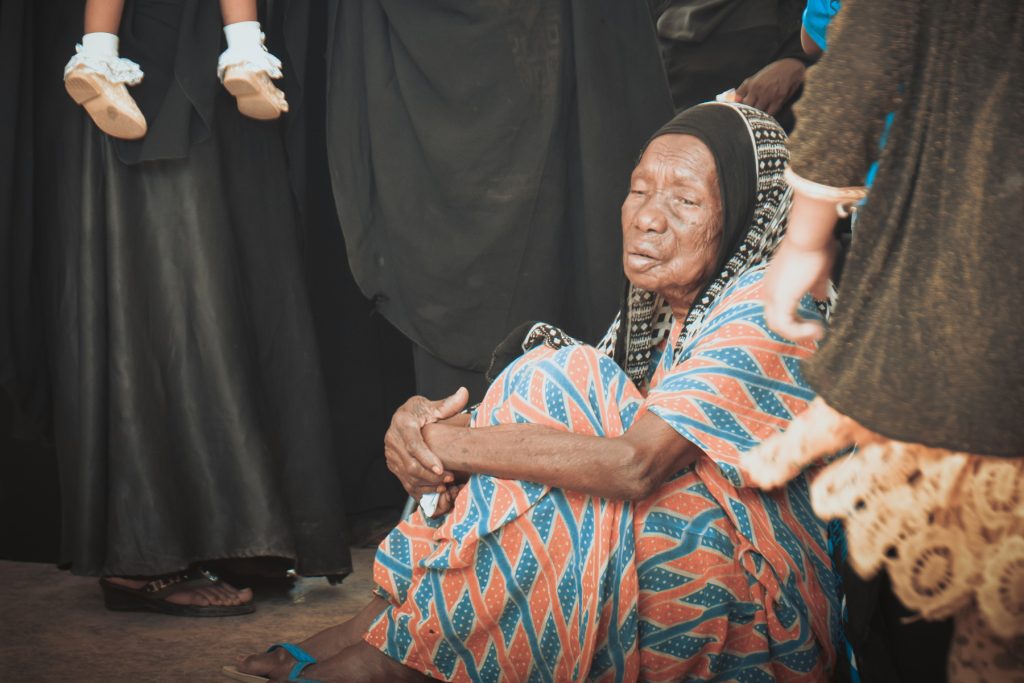May 10, 2019
The Yemen Conflict
Today we face some of the toughest challenges in history; battling “the worst humanitarian crisis” in Yemen, whilst tackling what has been marked as the highest level of human displacement on record – both conflict and disaster pose a threat to humanity as a whole.
It is through these challenging times that NGOs and the greater humanitarian sector must equip themselves as best as possible, to become more proficient in tackling the growing humanitarian issues prevalent around the world.
Earlier this week marked the fourth anniversary of the Yemen crisis and the situation is still far from resolved. More than 22 million, 80% of Yemen’s population, is in need of humanitarian assistance. Vulnerable people, including children, suffering the worst of it. An estimated 85,000 children under 5 died from starvation or disease alone, according to Save the Children in November last year. Four years into the conflict, despite both being easily preventable, famine and Cholera are still some of the main causes of death. During political instability, it is our duty as humanitarians to provide assistance on the ground to those in need, regardless of political, religious or other views. At HAD, our focus has always been on empowering the humanitarian sector to become more effective and efficient in helping its beneficiaries. Through our Learning and Development department, HAD trains and prepares humanitarian workers with the skill they need to be ready for, and respond effectively to, both conflict and disaster. HAD focuses on equipping those working on the frontline with the skills needed to assist in disaster whilst simultaneously protecting themselves.
Having already trained participants from humanitarian red zones including Palestine, South Sudan, Syria, Afghanistan and Somalia. HAD is equipped to help provide training during the Yemen crisis and has already trained Yemeni humanitarians.
Train the Trainer (TTT) is one of our most effective courses. By mobilising subject matter experts in conflict zones we enable training participants to be able to effectively pass on their skills and expertise which can be the difference between life or death. Through our TTT course, we’ve mobilised nearly 70 HAD accredited trainers across the globe- from Europe and North America to the MENA-EE and ASEAN regions.
HAD’s Safety and Security within the field training enables workers on the frontline to be able to effectively assist and protect themselves whilst operating during disasters and conflict. Our training covers various aspects of natural disasters and conflict, including terrorist attacks, kidnapping, political violence, theft, sexual assault, fires, landslides etc.
Proficient fieldwork requires accurate data and project management. Through our PMD PRO training, participants are trained in how to build their capacity and manage humanitarian projects in a more informed, controlled and ultimately, more cost-effective manner. This enables the process from planning to execution on the field to become more stream-line and in turn more effective.
To learn more about our humanitarian courses and general courses click here








